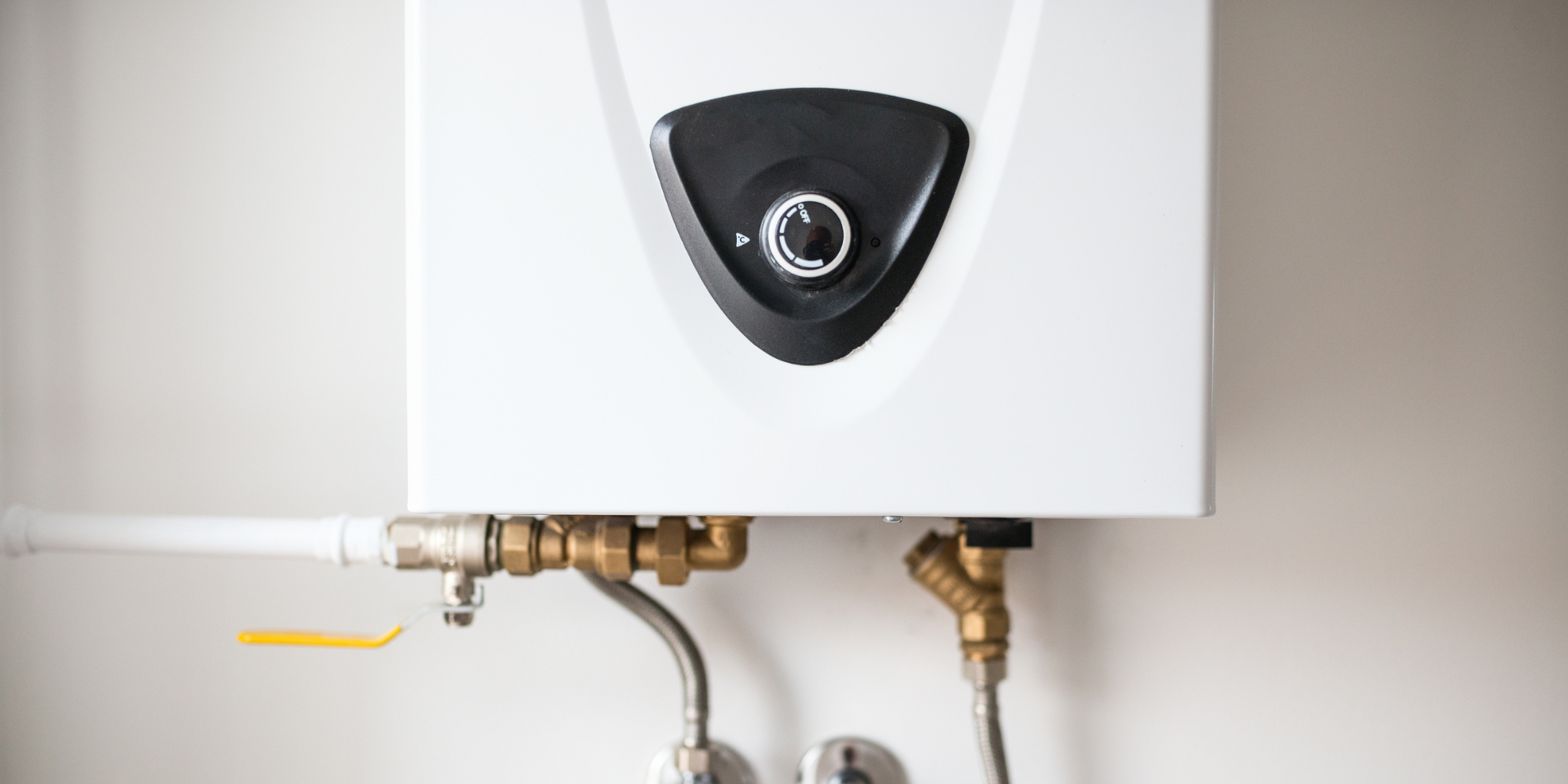Understanding the Different Types of Water Heaters
When it comes to choosing a water heater for your home, the array of options can be overwhelming. Each type has its own advantages and drawbacks, and understanding these can help you make an informed decision. In this blog, we'll break down the different types of water heaters to help you determine which one might be the best fit for your needs.
1. Conventional Storage Tank Water Heaters
How They Work:
These are the most common type of water heaters. They consist of an insulated tank where water is heated and stored until needed. A thermostat maintains the desired temperature, and the tank refills as hot water is used.
Pros:
Reliability: They provide a steady supply of hot water.
Cost-Effective: Generally less expensive to purchase and install compared to other types.
Cons:
Energy Consumption: They continually heat water, which can lead to higher energy bills.
Size: They require more space due to the tank.
2. Tankless (On-Demand) Water Heaters
How They Work:
Tankless water heaters heat water directly without using a storage tank. When hot water is needed, cold water travels through a pipe into the unit and is heated either by a gas burner or an electric element.
Pros:
Energy Efficiency: Only heats water when it's needed, reducing energy costs.
Space Saving: Smaller and can be mounted on a wall.
Cons:
Initial Cost: More expensive to purchase and install.
Flow Rate: Limited by the output of the unit; may struggle with multiple simultaneous uses.
3. Heat Pump (Hybrid) Water Heaters
How They Work:
Heat pump water heaters use electricity to move heat from one place to another instead of generating heat directly. They can be two to three times more energy-efficient than conventional electric resistance water heaters.
Pros:
Energy Efficiency: Uses less electricity, leading to lower utility bills.
Environmental Impact: Lower carbon footprint compared to traditional water heaters.
Cons:
Cost: Higher initial purchase and installation cost.
Space Requirement: Requires more space due to the heat pump unit.
4. Solar Water Heaters
How They Work:
Solar water heaters use the sun’s energy to heat water. A solar collector, usually installed on the roof, absorbs sunlight and transfers the heat to water in a storage tank.
Pros:
Energy Efficiency: Extremely low operating costs once installed.
Environmentally Friendly: Uses renewable energy, reducing your carbon footprint.
Cons:
Initial Cost: High upfront cost for installation.
Climate Dependent: Efficiency can vary based on the amount of sunlight.
5. Condensing Water Heaters
How They Work:
Condensing water heaters are designed to be highly efficient, capturing and utilizing the heat from exhaust gases that would typically be expelled from the home.
Pros:
Energy Efficiency: Extremely efficient, reducing energy costs.
Performance: Ideal for homes that use natural gas as the primary fuel for heating.
Cons:
Cost: Higher initial cost and installation complexity.
Space: Requires more space for the additional components.
Choosing the Right Water Heater
When selecting a water heater, consider the following factors:
Household Size: Larger families may benefit from conventional or hybrid heaters, while smaller households might find tankless systems more efficient.
Energy Efficiency: If lowering your energy bill is a priority, consider tankless, heat pump, or solar options.
Space: For homes with limited space, tankless or wall-mounted units are ideal.
Initial Cost vs. Long-Term Savings: Higher initial costs can often be offset by long-term savings on your energy bills.
Consulting with a professional can also provide valuable insights based on your specific needs and circumstances. At Mav's Plumbing & Heating, we're here to help you find the perfect solution for your home. Contact us today to discuss your options and ensure you have the right water heater for your needs.

